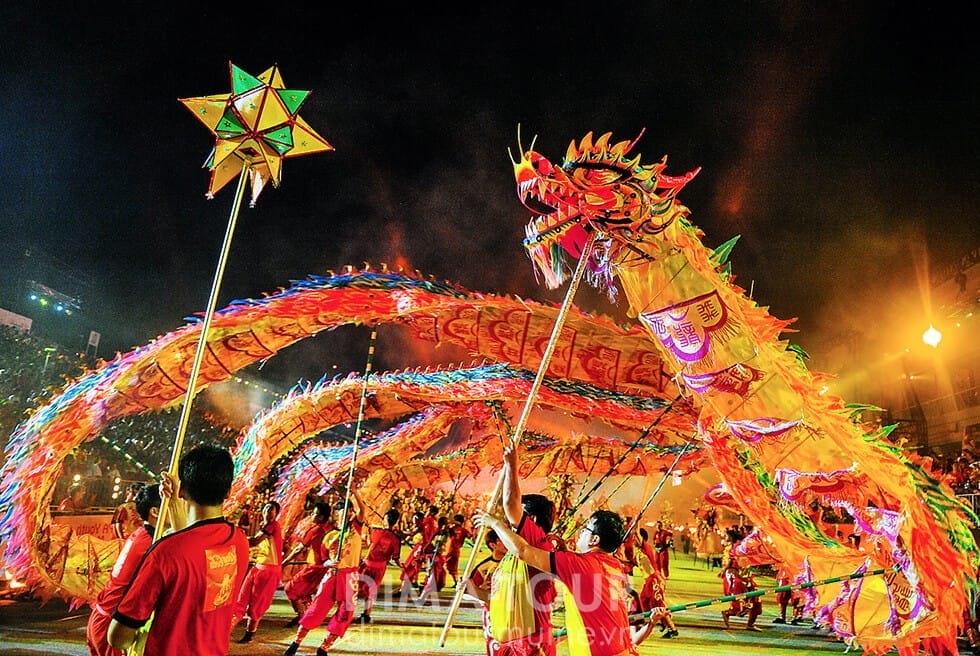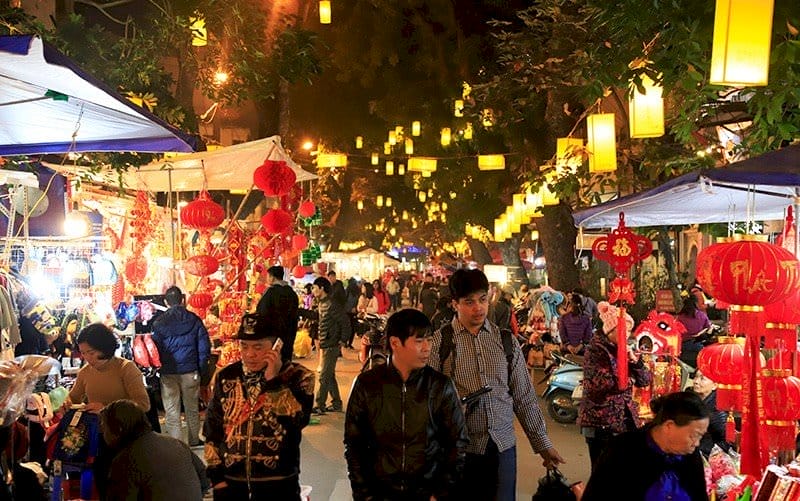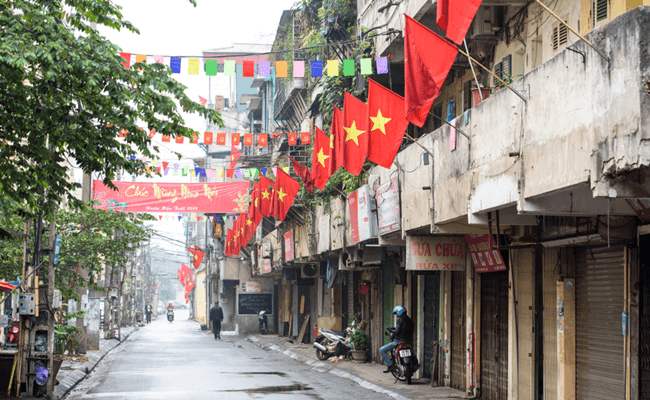The Khue Trung Cemetery is located in Binh Hoa 1, Khue Trung Ward, Hai Chau District. It faces to the west, and was followed “tam ban” design (one in the center and two in the left and right). On it are engraved the four words meaning “Hoa Vang Cemetery” marking the date of foundation in May 1866.
Khue Trung Cemetery, a burial ground of heroic martyrs dying in anti-French war was set up in Khue Trung, Hoa Vang District by the king’s decree. By royal proclamation, the bones of the war dead were collected so that their spiritual values can still be recognized today.
At the beginning it was built in Nghi An, Phuoc Tuong District. In 1920 the French colonists established Danang Airport, and the cemetery was moved to Ba Khue Trung Garden. To 1962, the French widened the airport to the south, so once again the Nghia Trung was moved to present-day site.
In the center of the cemetery there is a big grave with “tien trieu dai tuong quy cong mo” on its stele. It is said that it is of Nguyen Trong An, a general protecting Tuyen Hoa post (Hoa Cuong ward currently). It is also said that it is of Le Dinh Ly, a famous and talented general of Nguyen Tri Phuong envoy.
At the end are temples, and incense tables for worshipping. There are over 1,000 graves lying equally in the left and right sides. Behind Khue Trung Cemetery is an ancestor worshipping temple and Mieu Ba (Goddess worshipping shrine). On 16th day of the third lunar month, Khue Trung people oganize a ceremony to memorize the two ancestors’ virtues Tran Kim Tuong and Tran Kim Bang. The temple is of ancient architecture, in “quoc” shape, on the east lever carved the day of restoration – the 16th year of Bao Dai’s reign (1941). In an ancient calophyllus’s shadow, there lies Mieu Ba where there are statues and tablets of “Ngu Hanh Thanh Phi Trung Dang Than”.
In front of Mieu Ba, there is square sandstone well called Hoi Well. The age of Hoi Well has not defined yet, because words on the nearby stone post are not clear by time passage. Only four words “Ham Long Kiet Tinh” (good well with multi-oriented springs) are readable.
Hoa Vang Cemetery was recognized as a national historical relic by the Ministry of Culture and Information on the 4th January 1999.






